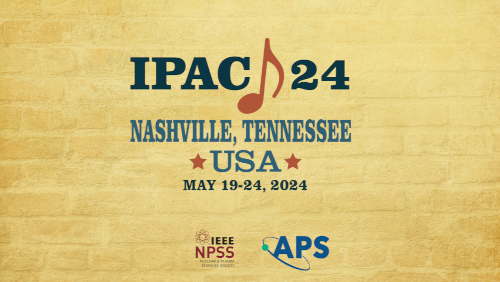Speaker
Description
Exploring the fundamental properties of materials such as niobium, NbTiN, multilayers or Nb3Sn, in high-precision surface resistance measurements is highly relevant to superconducting radio-frequency (RF) technology. Typically, for a precise determination of the RF properties of superconducting samples, the calorimetric measurement is carried out with a quadrupole resonator (QPR). Still, one of the main challenges in the QPR design and operations is to mitigate the impact of microphonics and Lorentz force (LF) detuning, on the one hand, and the RF losses on the adapter flange with the fabrication tolerances, on the other hand, into QPR functioning. For this reason, we address the electro-stress-heat coupled problem under geometric uncertainties to study a significant measurement bias of the surface resistance, observed mainly for the third operating mode of the given QPR. We then use a multi-objective and multi-physics shape optimization method to compensate for its influence and find the optimal QPR design in the Pareto sense. Finally, the optimization results and their implications for QPR operating conditions are discussed to demonstrate the proposed approach.
Funding Agency
Founded by the German Federal Ministry for Research and Education BMBF under Contract No.05H21HRRB1
| Region represented | Europe |
|---|---|
| Paper preparation format | LaTeX |

